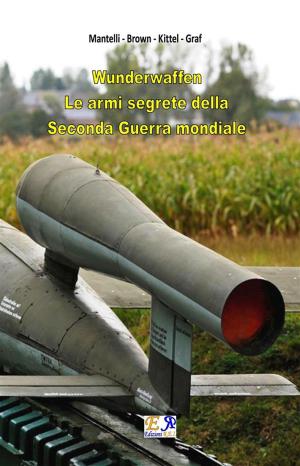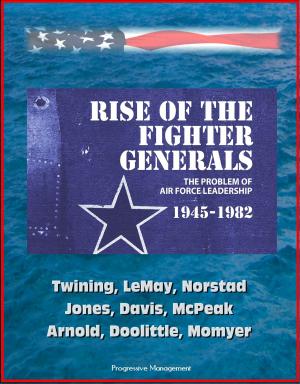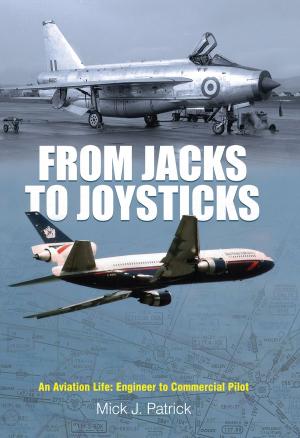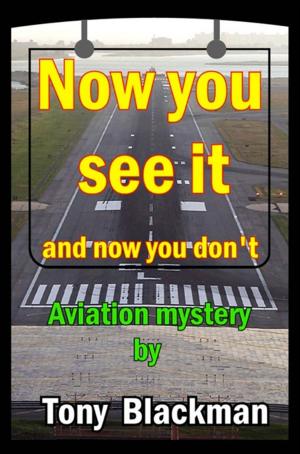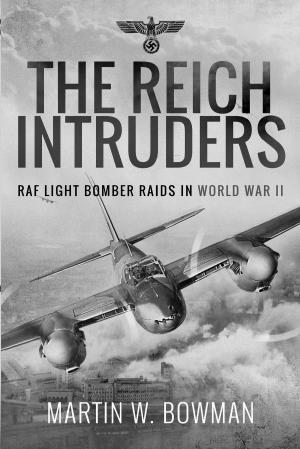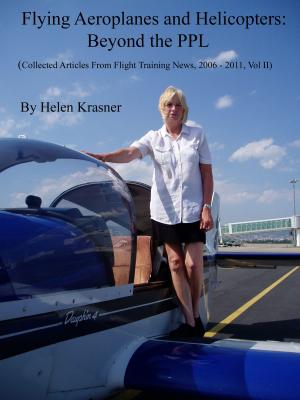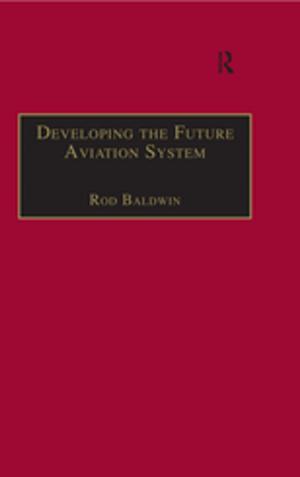| Author: | Johan Opperman | ISBN: | 9781465892584 |
| Publisher: | Johan Opperman | Publication: | February 6, 2012 |
| Imprint: | Smashwords Edition | Language: | English |
| Author: | Johan Opperman |
| ISBN: | 9781465892584 |
| Publisher: | Johan Opperman |
| Publication: | February 6, 2012 |
| Imprint: | Smashwords Edition |
| Language: | English |
This book is a personal account of the battle for Mavinga in South Eastern Angola during September and October 1985.
At that time FAPLA, the armed wing of the MPLA government, was at war with rival UNITA guerrilla forces opposing the MPLA rule in Angola. UNITA had its headquarters and main training bases in the south eastern corner of Angola near Mavinga, a strategic town in the area.
At the same time the South African Defence Force was engaged in mainly counter insurgency operations against SWAPO but it was in their interests to provide military and other support to the UNITA forces.
Operation Second Congress was launched by FAPLA to attack and take control of the UNITA stronghold areas in and around Mavinga and from this strategic hinge pin it would be possible to re-establish full control over the whole region so that FAPLA could start the process of wrapping up UNITA resistance in Angola.
The South African Air Force played a pivotal role in helping to stem the advance on Mavinga. It carried out Operation Weldmesh, a successful operation to destroy the helicopter air bridge to the encamped field brigades, who had slowed the advance on Mavinga to lick their wounds and resupply their fighting forces.
The role of Air Intelligence was to find the helicopters, preferably in the air so that they could be neutralized. This ultimately halted the advance on Mavinga and turned the advance into a rout when the field brigades tried to hightail it back to Cuito-Cuanvale, their main base.
The author contends, albeit with great circumspection, that Operation Weldmesh had significant geo-political implications and helped to pave the way for Namibia to gain independence.
This book is a personal account of the battle for Mavinga in South Eastern Angola during September and October 1985.
At that time FAPLA, the armed wing of the MPLA government, was at war with rival UNITA guerrilla forces opposing the MPLA rule in Angola. UNITA had its headquarters and main training bases in the south eastern corner of Angola near Mavinga, a strategic town in the area.
At the same time the South African Defence Force was engaged in mainly counter insurgency operations against SWAPO but it was in their interests to provide military and other support to the UNITA forces.
Operation Second Congress was launched by FAPLA to attack and take control of the UNITA stronghold areas in and around Mavinga and from this strategic hinge pin it would be possible to re-establish full control over the whole region so that FAPLA could start the process of wrapping up UNITA resistance in Angola.
The South African Air Force played a pivotal role in helping to stem the advance on Mavinga. It carried out Operation Weldmesh, a successful operation to destroy the helicopter air bridge to the encamped field brigades, who had slowed the advance on Mavinga to lick their wounds and resupply their fighting forces.
The role of Air Intelligence was to find the helicopters, preferably in the air so that they could be neutralized. This ultimately halted the advance on Mavinga and turned the advance into a rout when the field brigades tried to hightail it back to Cuito-Cuanvale, their main base.
The author contends, albeit with great circumspection, that Operation Weldmesh had significant geo-political implications and helped to pave the way for Namibia to gain independence.



